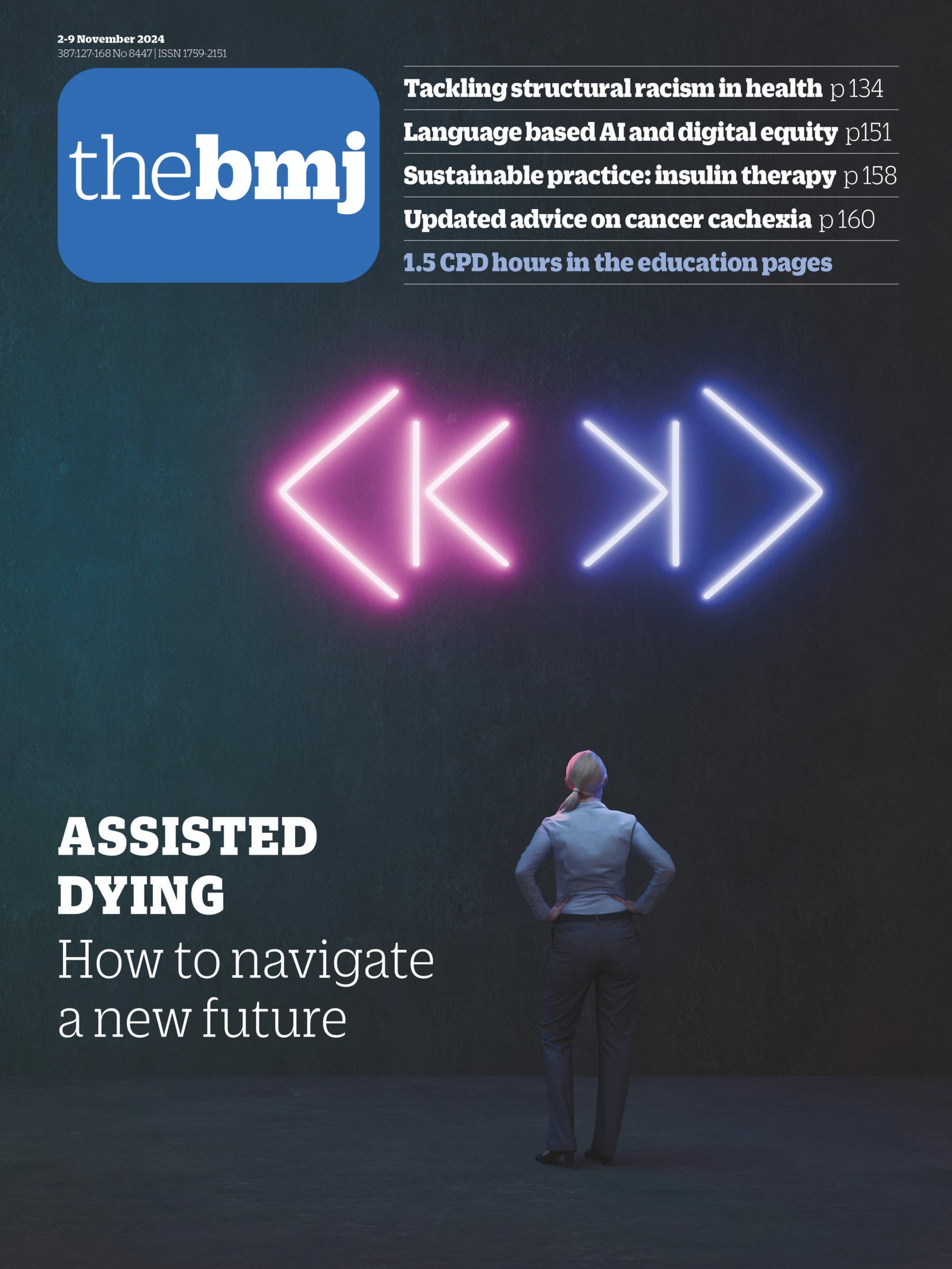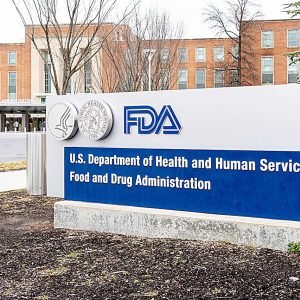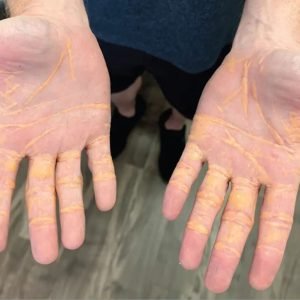
- Julian Sheather, ethics consultant
- London, UK
- juliansheather{at}gmail.com
Anybody who has undertaken research involving human participants knows that research ethics has to square some challenging circles. Medical research can be dangerous, even deadly. Improperly conducted it can be disastrous—the thalidomide tragedy ushered in the UK Committee on the Safety of Drugs and the 1968 Medicines Act. We must protect participants. But we must also facilitate essential medical research. Covid-19 vaccines are one of many examples of the benefits that rapid research can bring.
Getting the balance right between protection and facilitation is not easy. Bureaucracy and what some perceive to be excessive regulation are often cited as impediments to essential research.1 And there is always a danger that a proper alertness to ethical issues throughout the research cycle decays into regulatory compliance and the ticking of boxes.
The Declaration of Helsinki is one of the jewels in the World Medical Association’s (WMA) ethical crown. First developed in …







